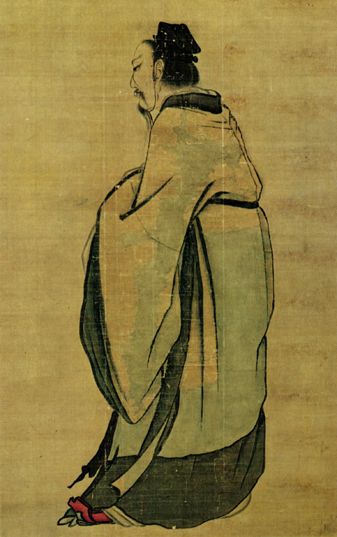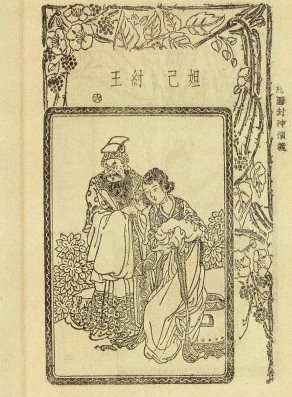
| Home | Chinatowns of the world | Festivals | Culture | Food Culture | History | Countries |
| Chinese Religion | Tours | Sitemap | Documentaries | About | Contact |
Creations of the Gods , 封神榜 Creation of the gods, also known as the Investiture of the Gods, is a Chinese novel written by Xu Zhong Lin, 许仲琳, during the Ming dynasty. The Shang King was accused of cruelty, impoverishing the country through his extravagant lifestyle, and being infatuated with his favorite concubine Daji, 妲己, to the point of neglecting state affairs. They were also assisted by celestial beings, deities and even the Buddha in their fight resulting in many chapters of magical showdown. Social meanings embedded in the Creation of GodsCreation of the Gods can be compared to the modern day super hero stories and many of the deities such as Nezha, Buddha, are still worshipped to this day. Apart from its entertainment value, the novel reflects many social ideals; humble and frugal rulers who care for the population, meritocracy society, and perhaps even a democratic ideal in political representation. This set of social ideals is contrasted with symbols of its antithesis; Shang King’s forests of meat and ponds of wine, 肉林酒池, and the sexual escapades he hosted there, Daji’s interference in court affairs to satisfy her private desires, and cruel punishments imposed on dissents. “Citations” from Creation of Gods
|
|
| Join us on | Youtube | |||
| Copyright © 2007-24 Chinatownology, All Rights Reserved. | ||||


